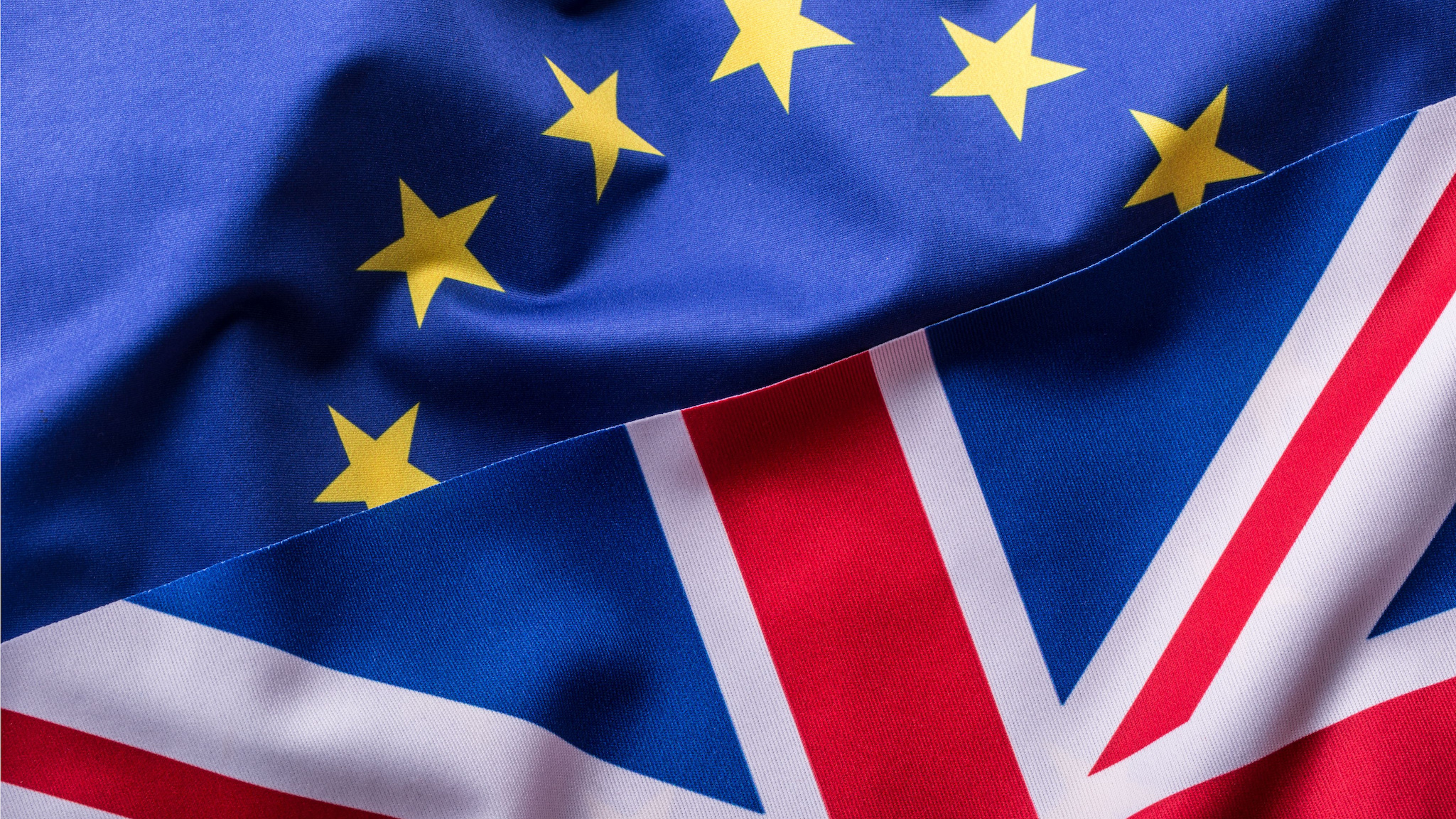The UK has left the European Union and has departed from a number of other European initiatives, including in the area of higher education, such as the Erasmus+ Programme – some of the instruments of which are focused specifically on HE – which is currently being replaced by the Turing Scheme.
Nevertheless, the UK remains loyal to the European Higher Education Area (EHEA) even post-Brexit, having co-founded the EHEA along with three other countries back in 1998: Germany, France and Italy.
This loyalty has very specific reasons for the UK in the context of its two separate memberships in the EHEA. One membership is held jointly by England, Wales and Northern Ireland (EWNI), while the other one belongs only to Scotland.
I conducted research involving interviewing six representatives from a range of key higher education actors covering EWNI and Scotland and analysing their key official communications, and found that the two sections – EWNI and Scotland – maintain their membership post-Brexit for two very different reasons.
Distinctly European
For Scotland, this membership is a symbol of Europeanisation and a tool to mend the damaged relationship in higher education cooperation with the EU countries. Europeanisation in Scotland through the EHEA after Brexit emerged as a symbol of a different stance from the rest of the UK in developing its higher education and other policy areas, maintaining a tight link to the European continent.
For example, a representative of the Scottish Government told me the following:
The Scottish higher education system is distinctly European, in a way that the UK system is perhaps not as much… the EHEA is a way for us to maintain that European connection. We… have a fear or a concern being outside of the EU.
They also added that Scotland’s higher education institutions have a higher proportion of European staff and students than the rest of the UK.
This suggests that Scottish higher education has largely been dependent on the European student market. While the EHEA is much wider than the EU, encompassing 47 active members, Scotland’s loss of the Erasmus+ pool of students justifies its orientation towards the EHEA as a platform for European cooperation in different aspects of higher education, including student mobility.
Taking what’s on offer
Unlike Scotland, for EWNI – whose decisions are mainly dominated by English policy-makers – the choice to remain in the EHEA is to stay informed of the developments in the European higher education space and have the opportunity to exert influence in relevant matters in the region. The EWNI’s membership, particularly following Brexit, has adapted to become more of a powerful observer.
This motivation was summarised well by an interviewee:
We’ve always tried to use our engagement with the Bologna Process as a way of influencing them [the rest of the EHEA], rather than them influencing us… As long as they [the EHEA] maintain their competitive market, that advantage, the UK will continue to do it the way it does it. And align where it needs to.
This latter point highlights how EWNI acts as a consumer of what EHEA membership has to offer, given their general aspiration to keep working with international partners particularly in the areas of student mobility, higher education digitalisation, and academic freedom.
Two memberships, one continent
All in all, we see that – despite Brexit – there is evidence of a wider political agenda of international cooperation in both EWNI and Scotland, including in the European regions and particularly in the area of higher education.
Both UK continuing memberships in the EHEA function as rational and strategic choices of actors across the UK higher education sector, with European cooperation becoming a space for rational meaning-making and the EHEA being a tool in this process.














With Truss putting the UK military firmly into EU hands (PESCO), full reintegration into other parts of the EU may happen soon, so much for the democratic will of the people!
What an intriguing article! I didn’t realise there is so much cooperation happenning between the UK and the European region in HE after Brexit. But of course, as pointed out in the article, we should not forget that the EHEA is not limited to the EU. It includes a lot of non-EU countries.